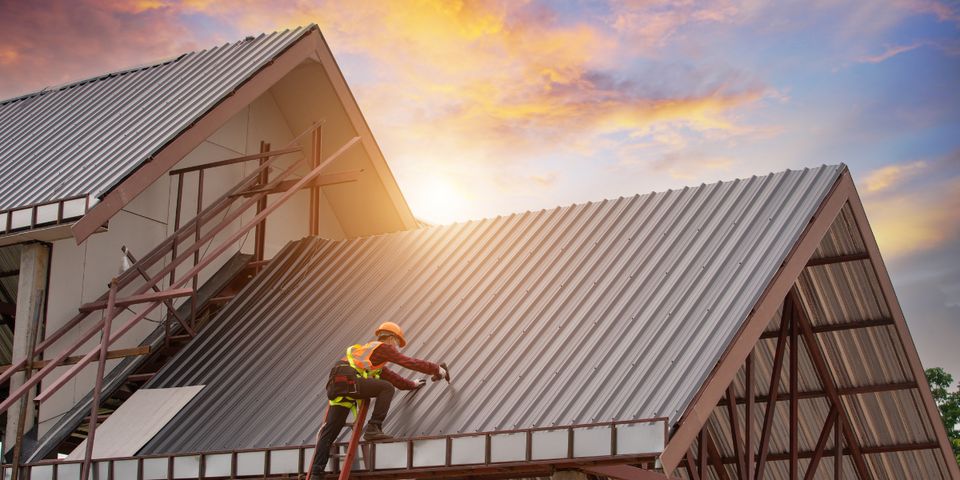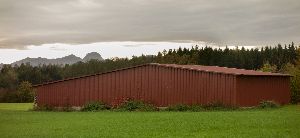
If your business is commissioning a building project, metal fabrication may be one of the services required to finish the job. In case you are unfamiliar, it is the process of shaping metals and alloys into a desired form. From a car's body frame to a building's roof, you can find fabricated products virtually everywhere. Here is what you need to know about it.
What Happens During Fabrication?
Fabricators use various tools and equipment to make a final product that meets the customer's specifications. Technological advances have made the process easier, faster, and more accurate. Usually, metal fabrication begins with a design done using CAD software. It renders a 3D model that can be quickly adjusted.
Fabricators often have an array of tools and machinery to cut the metal according to size and shape. Some of the most advanced fabricators use plasma, water jets, and laser cutters, while others rely on a table saw or shears to trim pieces from a sheet.
Once the fabricator has the cut components, they assemble or form the customized product. There are many types of fabrication, and your supplier should understand what you need to use the appropriate technique.
What Are the Different Types of Fabrication?

Cutting is the most basic method of fabrication and often the first step for dividing a workpiece into smaller parts. After cutting, machining reshapes the metal by removing excess material through drilling, turning, or milling. Welding, another popular fabrication technique, joins two or more pieces with heat and pressure. Punching creates holes in the material, whereas stamping produces indentation. Drawing involves stretching the workpiece into a thinner form, and folding manipulates the material to bend using a hammer or a folding machine.
Sometimes, metal fabrication involves using a die. Casting is when the fabricator uses a die-cast mold to shape molten steel. On the other hand, extrusion uses force through a die to create cylindrical materials like pipes. To form the desired shape, forging employs the compressive force of a hammer or die.
Why Should You Choose Fabrication?
Fabrication creates an output with the exact specifications necessary for your project. There’s no need to force a ready-made product to fit or simply meet the requirements; this often results in bigger headaches and higher costs down the road.
By customizing an end product, you ensure your project’s safety, efficiency, and quality. For instance, oversized metal roofing may lead to water intrusion, structural damage, or premature life span. Another example would be safety railings not made to the correct height, causing accidents.
If you need quality metal fabrication for your project, turn to the professionals at Alabama Metals in Newton, AL. This trusted metal shop offers various custom metal fabrication services, from structural steel to decorative railings, to meet every client’s requirements. Reach out to them through their Facebook page or call (334) 299-0117 for estimates.
About the Business
Have a question? Ask the experts!
Send your question

